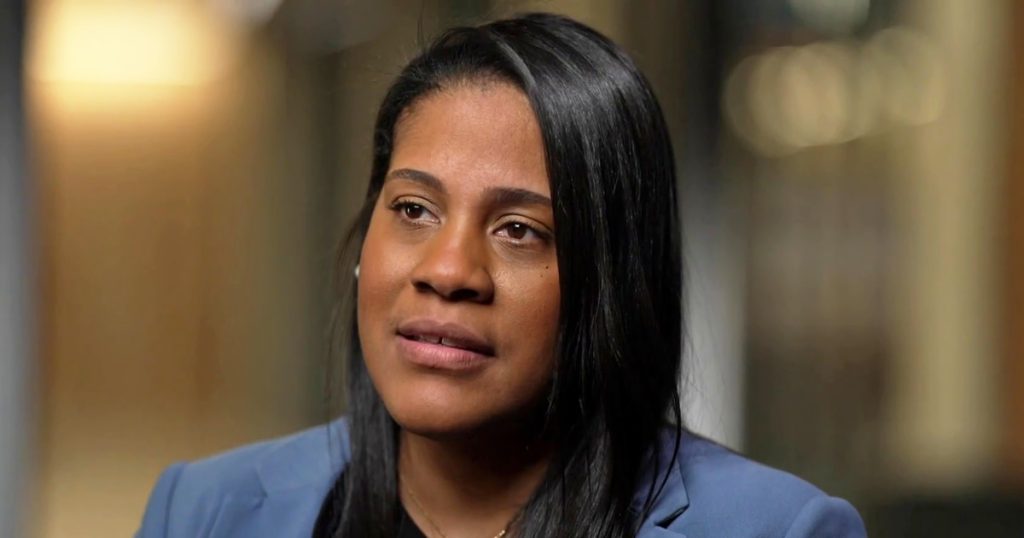Teaching kindergarten is exhausting, but when Mariely Del Valle started napping after work every day, she knew something was wrong. She was feeling fatigued, had digestive issues, and noticed blood in her stool. After canceling her colonoscopy three times due to fear, she was diagnosed with colorectal cancer at age 40. The tumor had already spread to her liver, requiring surgery and chemotherapy. Colorectal cancer has been increasingly affecting younger age groups, possibly due to lifestyle factors such as obesity, environmental factors, or diet. Young people are less likely to seek treatment for symptoms of colon cancer, leading to more advanced diagnoses.
Symptoms of colon cancer include bloody stool, changes in bowel habits, abdominal pain, weight loss, and fatigue. Data from the American Cancer Society shows that colorectal cancer is now the leading cause of cancer deaths in men under 50 and the second-leading cause in women under 50. It is recommended to start screening for colon cancer at age 45, but there is a call to increase screening for those between 45 and 49, especially those with a genetic predisposition for the disease. Family history of colon cancer, inflammatory bowel disease, and other risk factors should prompt a discussion with a doctor regarding screening.
Del Valle is now undergoing preventative chemotherapy to prevent a recurrence of cancer. She emphasizes the importance of screening and advocacy for early detection. She urges people with digestive issues, regardless of age, to get screened for colon cancer. While the first few months after her diagnosis were difficult, Del Valle is now feeling hopeful and grateful for the treatments she has received. She acknowledges that anyone can get cancer and is determined to raise awareness about the importance of early detection and screening for colorectal cancer.
Dr. Andrea Cercek, a gastrointestinal oncologist, notes a rise in colon cancer cases in people under 50, which may be due to lifestyle changes, environmental factors, or diet. Young people often dismiss symptoms of colon cancer and delay seeking medical attention, leading to more advanced diagnoses. Providers may also be less likely to consider colon cancer as a diagnosis in younger patients with symptoms. Raising awareness about the signs and symptoms of colon cancer, and the importance of early screening and detection, is crucial in addressing the increasing prevalence of the disease among younger age groups.
The shift in cases of colorectal cancer from older to middle-aged individuals is a cause for concern, as they have more years of life expectancy. The study authors emphasize the need for increased screening for those between 45 and 49, especially those with genetic predispositions. Del Valle’s experience highlights the importance of advocating for early detection and screening for colon cancer, regardless of age. She shares her story to encourage others to prioritize their health and seek medical attention for any concerning symptoms. By sharing her journey, Del Valle hopes to inspire others to take charge of their health and get screened for colorectal cancer.


